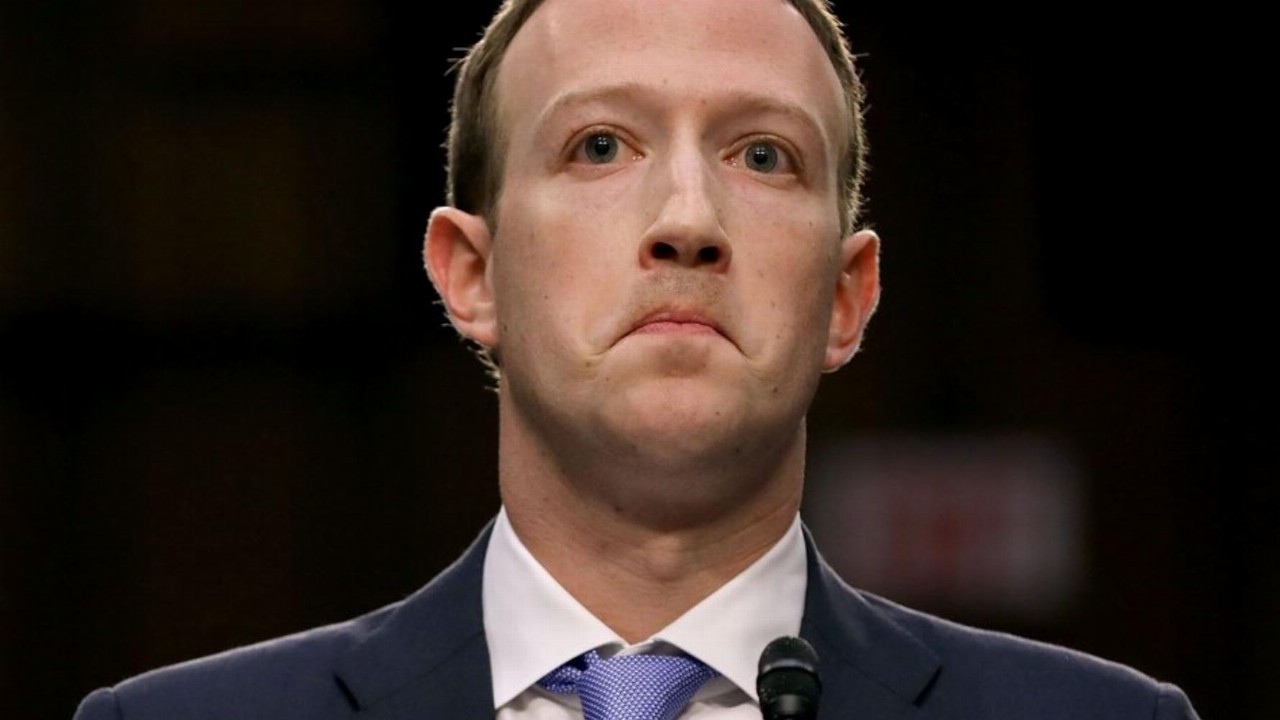- Facebook has threatened to remove Australian news from its platform rather than be forced to pay Australian publishers for content under new ACCC rules
- The proposed new laws would force Facebook and Google to pay for Aussie news content in an effort to give news media more bargaining power
- Google and Facebook have both slammed the new laws as counterproductive
- This week, Facebook went as far as to say it would “reluctantly” ban Australian news media from its platforms if the new rules become law
- Facebook Australian and New Zealand Managing Director Will Easton said this is the only way to protect against an outcome that will hurt, not help, Australia’s news and media sector
- ACCC Chair Rod Sims said the Facebook threat was “ill-timed and misconceived” and urged the tech giants to engage in constructive discussions with the government over the new laws
Facebook has threatened to remove Australian news from its platform altogether rather than be forced to pay Australian publishers for content under new consumer watchdog rules.
The Australian Competition and Consumer Commission (ACCC) outlined new laws for tech giants Facebook and Google in late-July in an effort to give Australian traditional news media more bargaining power.
In a media statement at the time, Federal Treasurer Josh Frydenber said there is a major “power imbalance” between the entities, with the tech giants holding all the chips.
The solution, outlined by the Treasurer and ACCC Chair Rod Sims, is to force Google and Facebook to pay a fee for Aussie news.
“Under the proposed bargaining arrangements, commercial media organisations will be able to enter into negotiations with relevant digital platforms to determine an appropriate payment for news content,” the Treasurer said in a media statement.
Google lambasted the new laws, claiming it already partners closely with Australian news media business by paying them millions of dollars and sending billions of clicks their way each year.
“We’ve offered to pay more to license content. But rather than encouraging these types of partnerships, the law is set up to give big media companies special treatment and to encourage them to make enormous and unreasonable demands that would put our free services at risk,” Google Australia Managing Director Mel Silva said.
Now, Facebook has added its voice to the criticisms and said it would rather ban Australian news from its platform altogether.
Facebook’s take
In a statement released by Facebook Australia and New Zealand Managing Director Will Easton, the company said the new ACCC rules will do more harm than good.
“Australia is drafting a new regulation that misunderstands the dynamics of the internet and will do damage to the very news organisations the government is trying to protect,” Will said.
“When crafting this new legislation, the commission overseeing the process ignored important facts, most critically the relationship between the news media and social media and which one benefits most from the other.”
As such, Facebook said if the proposed rules become law, it would stop publishing news content from Australian media companies on Facebook and Instagram platforms.
“Assuming this draft code becomes law, we will reluctantly stop allowing publishers and people in Australia from sharing local and international news on Facebook and Instagram.”
Will Easton, August 2020
“This is now our first choice — it is our last,” Will said. “But it is the only way to protect against an outcome that defies logic and will hurt, not help, the long-term vibrancy of Australia’s news and media sector.
Facebook said the new laws are counterproductive to the goal of supporting struggling news organisations.
Quite contrarily to the claims made by the Federal Treasurer and by the ACCC, Facebook claims it is not the primary beneficiary in its relationships with publishers.
Will explained that despite news being just a fraction of what people see on their Facebook feed — and not being a significant source of revenue for Facebook — the company still offers free tools and training to help media companies maximise their reach.
“News organisations in Australia and elsewhere choose to post news on Facebook for this precise reason, and they encourage readers to share news across social platforms to increase readership of their stories,” he explained.
ACCC hits back
The consumer watchdog slammed Facebook’s threat to ban Australian news from its platforms as “ill-timed and misconceived”.
“The draft media bargaining code aims to ensure Australian news businesses, including independent, community and regional media, can get a seat at the table for fair negotiations with Facebook and Google,” the ACCC Chair said in a statement.
“Facebook already pays some media for news content. The code simply aims to bring fairness and transparency to Facebook and Google’s relationships with Australian news media businesses,” Rod said.
He urged Facebook and Google to engage in “constructive discussions” as the ACCC and the Federal Government work together to finalise the draft legislation.







